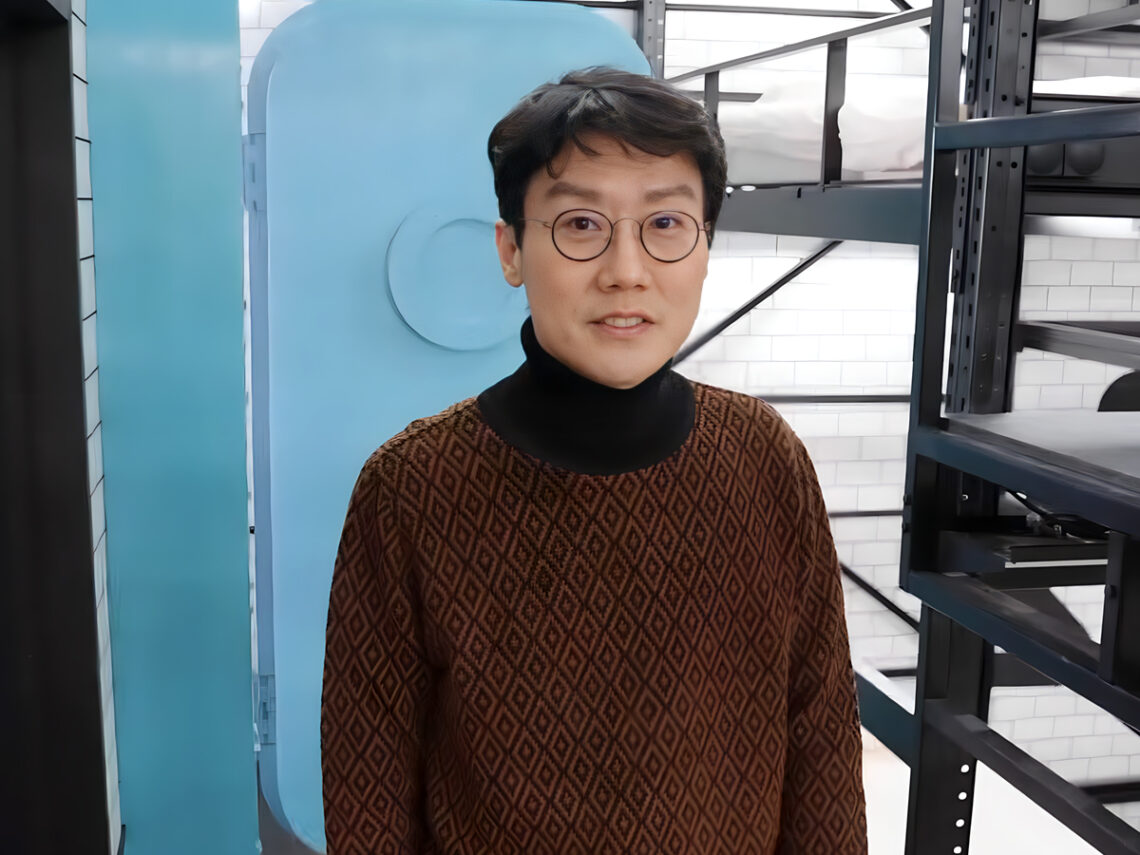
The real reason Hwang Dong-hyuk committed to making ‘Squid Game’ season 2
In the first four weeks after Squid Game debuted on Netflix in 2021, a staggering 142 million households streamed the show. The previously unknown South Korean survival thriller had performed massively above expectations, much to the surprise of everyone involved, including creator Hwang Dong-hyuk. It then continued to rise into the stratosphere, eventually becoming Netflix’s most-watched show ever. However, Hwang was always reticent to commit to making a second season, and it took until June 2022 for the streaming giant to officially announce its return. What made him change his mind, though? In truth, the answer is an uncomfortable glimpse into the realities of the modern media landscape.
By the time production on Squid Game season one ended, Hwang admitted that the pressures of making the show had taken their toll on him. In fact, he claimed he lost eight or nine teeth over the course of the nine-episode shoot because it was physically, mentally, and emotionally draining.
You see, Hwang originally pitched his violent satire of capitalist culture as a film back in 2009, but it was turned down by every producer in his native land. When Netflix finally came calling in 2018, he had to figure out how to turn his two-hour script into a nine-hour series, all without the help of a writer’s room. He told The Guardian, “I kept having new ideas and revising the episodes as we were filming, so the amount of work multiplied.”
All his efforts paid off handsomely, though—at least for Netflix. On a series budget of around £15.5 million, Squid Game was estimated to have made around £650 million for the streamer. Naturally, talks soon began about making a second season. However, things developed slowly because Hwang hadn’t made the first season with an ongoing story in mind. He was also tired beyond belief and wanted to make a film before even considering diving back in.
Ultimately, though, Squid Game season two debuted before Hwang’s proposed film, entitled Killing Old People Club, which is still in development. In fact, it is highly likely that the world will see a third season of Squid Game before that film, too. What convinced Hwang to finally commit to such an extensive return to his all-consuming creation, though? Well, when the BBC asked him that very question, he was disarmingly honest.
“Money,” Hwang answered instantly. “Even though the first series was such a huge global success, honestly I didn’t make much. So, doing the second series will help compensate me for the success of the first one too.”
While fans mightn’t like to think the creator’s primary motivating factor for the second season was cold, hard commerce, Hwang was actually bravely putting his head above the parapet. Sadly, even though his creation was successful in an unprecedented way and made hundreds of millions for Netflix, the creator himself didn’t see much of those profits. In fact, he admitted, “I’m not that rich, but I do have enough. I have enough to put food on the table. And it’s not like Netflix is paying me a bonus. Netflix paid me according to the original contract.”
In truth, Hwang was spotlighting an increasingly uncomfortable aspect of the movie and TV business worldwide – and especially in Netflix’s dealings with South Korean creators. In recent years, several have claimed the streamer only paid them a modest fee to make their shows and required them to sign away their ownership rights to the copyright of their creations. This left many in a situation like Hwang where their shows made lots of money, but they couldn’t legally share in the profits.
Hwang likely renegotiated heavily with Netflix for the second and third seasons to protect himself more, but the experience must have left a bad taste in his mouth. It’s why, with perfectly-pitched gallows humour, he once said, “It’s possible that I have to do season two to become as rich as Squid Game’s winner.”